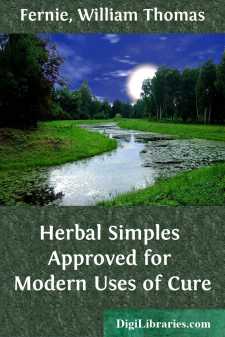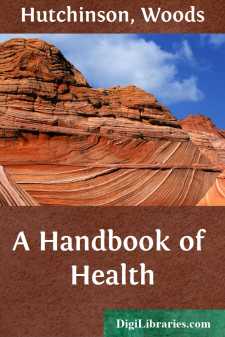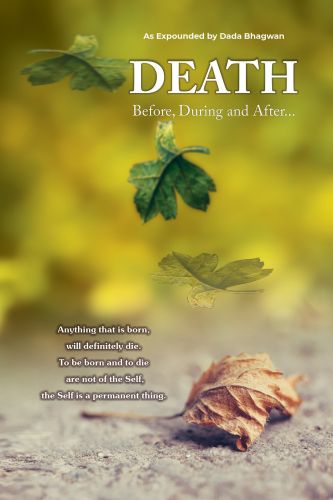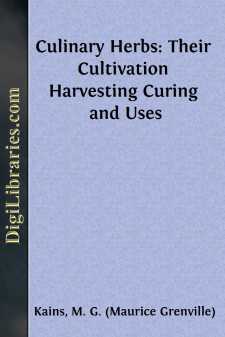Categories
- Antiques & Collectibles 13
- Architecture 36
- Art 48
- Bibles 22
- Biography & Autobiography 813
- Body, Mind & Spirit 142
- Business & Economics 28
- Children's Books 17
- Children's Fiction 14
- Computers 4
- Cooking 94
- Crafts & Hobbies 4
- Drama 346
- Education 46
- Family & Relationships 57
- Fiction 11829
- Games 19
- Gardening 17
- Health & Fitness 34
- History 1377
- House & Home 1
- Humor 147
- Juvenile Fiction 1873
- Juvenile Nonfiction 202
- Language Arts & Disciplines 88
- Law 16
- Literary Collections 686
- Literary Criticism 179
- Mathematics 13
- Medical 41
- Music 40
- Nature 179
- Non-Classifiable 1768
- Performing Arts 7
- Periodicals 1453
- Philosophy 64
- Photography 2
- Poetry 896
- Political Science 203
- Psychology 42
- Reference 154
- Religion 513
- Science 126
- Self-Help 84
- Social Science 81
- Sports & Recreation 34
- Study Aids 3
- Technology & Engineering 59
- Transportation 23
- Travel 463
- True Crime 29
Herbal Simples Approved for Modern Uses of Cure
Categories:
Description:
Excerpt
[1] INTRODUCTION.
The art of _Simpling _is as old with us as our British hills. It aims at curing common ailments with simple remedies culled from the soil, or got from home resources near at hand.
Since the days of the Anglo-Saxons such remedies have been chiefly herbal; insomuch that the word "drug" came originally from their verb drigan, to dry, as applied to medicinal plants.
These primitive Simplers were guided in their choice of herbs partly by watching animals who sought them out for self-cure, and partly by discovering for themselves the sensible properties of the plants as revealed by their odour and taste; also by their supposed resemblance to those diseases which nature meant them to heal.
John Evelyn relates in his Acetaria (1725) that "one Signor Faquinto, physician to Queen Anne (mother to the beloved martyr, Charles the First), and formerly physician to one of the Popes, observing scurvy and dropsy to be the epidemical and dominant diseases [2] of this nation, went himself into the hundreds of Essex, reputed the most unhealthy county of this island, and used to follow the sheep and cattle on purpose to observe what plants they chiefly fed upon; and of these Simples he composed an excellent electuary of marvellous effects against these same obnoxious infirmities." Also, in like manner, it was noticed by others that "the dog, if out of condition, would seek for certain grasses of an emetic or purgative sort; sheep and cows, when ill, would devour curative plants; an animal suffering from rheumatism would remain as much as it could in the sunshine; and creatures infested by parasites would roll themselves frequently in the dust." Again, William Coles in his Nature's Paradise, or, Art of Simpling (1657), wrote thus: "Though sin and Sathan have plunged mankinde into an ocean of infirmities, jet the mercy of God, which is over all His works, maketh grass to grow upon the mountaines, and Herbes for the use of men; and hath not only stamped upon them a distinct forme, but also given them particular signatures, whereby a man may read even in legible characters the use of them."
The present manual of our native Herbal Simples seeks rather to justify their uses on the sound basis of accurate chemical analysis, and precise elementary research. Hitherto medicinal herbs have come down to us from early times as possessing only a traditional value, and as exercising merely empirical effects. Their selection has been commended solely by a shrewd discernment, and by the practice of successive centuries. But to-day a closer analysis in the laboratory, and skilled provings by experts have resolved the several plants into their component parts, and have chemically determined the medicinal nature of these parts, both [3] singly and collectively. So that the study and practice of curative British herbs may now fairly take rank as an exact science, and may command the full confidence of the sick for supplying trustworthy aid and succour in their times of bodily need.
Scientific reasons which are self-convincing may be readily adduced for prescribing all our best known native herbal medicines....












